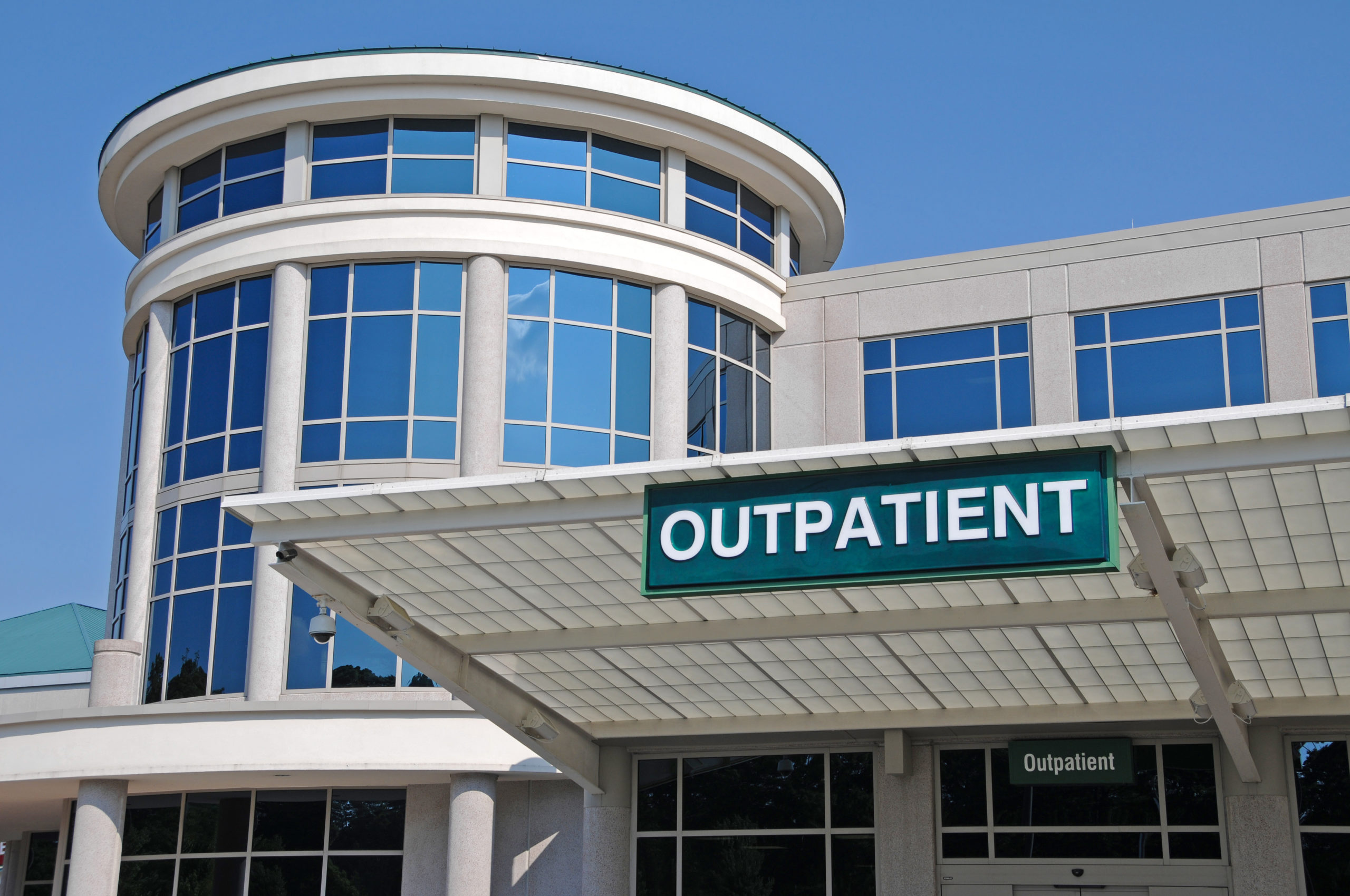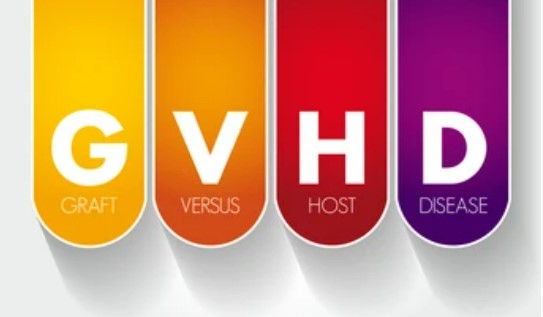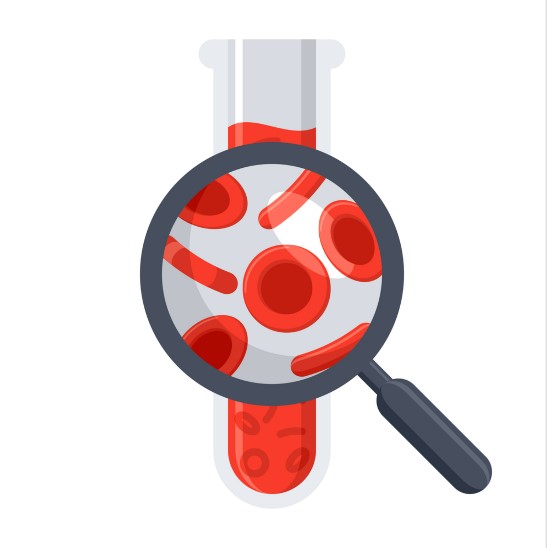
Chimeric antigen receptor (CAR) T-cell therapy is a promising new treatment option for certain oncology patient populations. At the annual conference of the Hematology/Oncology Pharmacy Association, a session focused on logistical implications for institutions considering establishing outpatient CAR T-cell programs, including the pharmacist’s role.
CAR T-cell therapy modulates an immune response against cancer by taking the patient’s own T cells and engineering them to recognize target antigens and attack them, explained Mary McGann, PharmD, BCOP, pharmacy clinical specialist in blood and marrow transplantation and cellular therapy at the Medical University of South Carolina, Hollings Cancer Center, in Charleston.
The therapy can be delivered as an inpatient treatment, which allows institutions to closely monitor patients and intervene in the case of adverse events, specifically cytokine release syndrome (CRS) and immune effector cell-associated neurotoxicity syndrome (ICANS), two significant risks after CAR T-cell therapy. However, outpatient CAR T-cell therapy is the future, Dr. McGann said, as it decreases inpatient length of stay and resource utilization.
Outpatient administration requires close coordination by a multidisciplinary team, so the institution must have a medical director, attending physicians, advanced practice providers, nurses, pharmacists, coordinators, social workers, apheresis technicians and a cell processing lab, and neuro-oncologists. Because patients receiving CAR T-cell therapy can experience serious adverse events, the institution must have reserved beds and personnel educated about CAR T-cell therapy in the emergency department and intensive care unit.
For institutions considering establishing an outpatient CAR T-cell therapy program, Dr. McGann reviewed key considerations. The institution must enroll in a Risk Evaluation and Mitigation Strategy (REMS), which requires special training if all involved staff and careful record-keeping to comply with audits and track adverse events. The multidisciplinary team must be fully trained in the REMS and available to patients 24/7. Dr. McGann also recommended written indications for inpatient admission when a patient experiences an adverse event, as well as reserved inpatient beds in case a patient experiences CRS or ICANS.
Visit https://bio-sharing.org/ to sign up and become a leukopak donor today.
As part of the multidisciplinary team, Dr. McGann said, pharmacists involved with outpatient CAR T-cell therapy have several key roles:
- Create treatment plan templates.
- Verify, prepare, and transport orders.
- Review protocols and update them regularly.
- Participate in REMS audits, adverse event reporting, quality initiatives, and research.
- Conduct education before apheresis and infusion.
- Provide supportive care and help manage toxicity, including patient-specific orders for tocilizumab.
Finally, CAR T-cell therapy requires commitment and involvement form the patient’s caregiver(s), as the therapy requires daily trips to the treatment center and around-the-clock monitoring. In Patient selection is key to successful treatment, so the team must be well-versed in which patients are well-equipped to receive CAR T-cell therapy on an outpatient basis. Specifically, caregivers must understand the reasons to seek medical attention and be willing and able to comply with the demands of treatment. Institutions establishing outpatient CAR T-cell therapy must be able to identify patient-caregiver dyads who can successfully comply with the treatment and then educate them accordingly.







 © 2025 Mashup Media, LLC, a Formedics Property. All Rights Reserved.
© 2025 Mashup Media, LLC, a Formedics Property. All Rights Reserved.